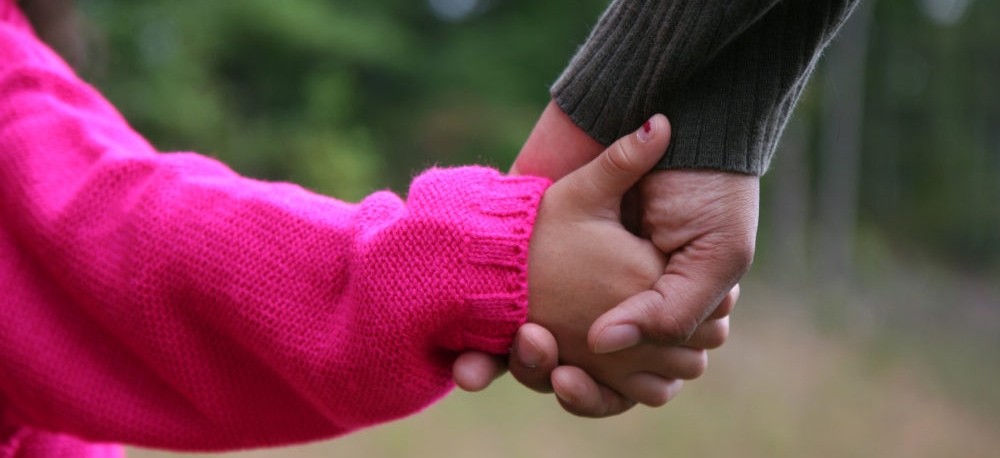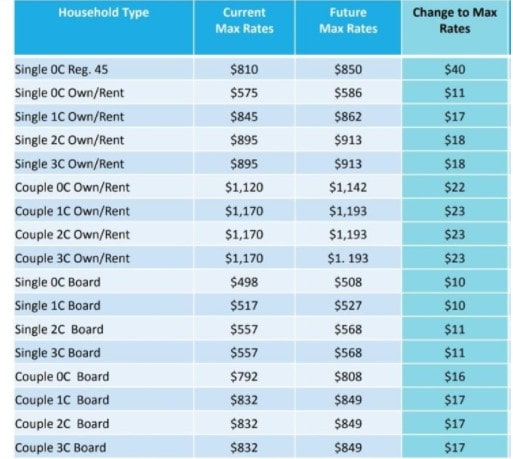
KJIPUKTUK (Halifax) – Nova Scotians on income assistance have been waiting years for a liveable income and have been told since 2014 that real changes were coming.
Well, the changes are here, and it’s clear our government is not interested in making a real difference in the lives of Nova Scotians.
Our Nova Scotia Government has spent over $10 million on the implementation of the welfare transformation since 2014, but the results are pretty depressing for most people on assistance. I sure would like to see the breakdown of that money spent.

Let’s consider some real life examples of what this transformation looks like for real people.
Aron lives with disabilities and rents a one-bedroom apartment.
Before the transformation Aron received $958 per month, consisting of $535 for shelter, $275 for personal allowance (to buy food, etc.) and $148 for a phone, special diets and medications.
Now, after the transformation, Aron receives a whopping $40 more. The increase is due to Aron being entitled to the Enhanced Standard Household Rate. Our government says this new rate of an additional $40 per month will help give Aron more money for certain needs, such as food, clothing, shelter, fuel, utilities, and personal items. In reality it will of course not help Aron at all.
Tim lives with physical disabilities and mental health issues. He lives with his mother in public housing as her caregiver, she too lives with disabilities. Because Tim lives with his mother to care for her, he is considered a boarder. Housing Nova Scotia charges Tim a boarder rate and his mother’s portion of the rent is a percentage of her CPP income.
Before the transformation Tim received $643 ($223 shelter allowance, $275 personal allowance, and $145 for phone and special diets). After the transformation Tim receives $10 more. That’s 33 cents a day… Of course this doesn’t even make a dent.
Joy is a disabled mother, who with her two children lives in a 3-bedroom apartment in public housing. Of all the people discussed here, Joy actually sees some real progress. That’s because she lives in public housing.
Her $229 shelter allowance, based on Housing Nova Scotia rates, went straight to Housing Nova Scotia. So all she would get for food and whatever else you need to live, was a $275 monthly living allowance.
Now, after the transformation, she receives $913. That’s an additional $409.
Individuals living in public housing that qualify for the maximum shelter allowance will see one of the biggest increases in their income. The whole point of the new Standard Household Rate is for individuals to receive the full shelter allowance no matter what their rent is.
An additional $409 per month is a good start! This will help Joy have more money for necessities such as food, clothing, shelter, fuel, utilities, and personal items.
I’m happy to see this type of increase, however we must remember that $913 a month is still well below the poverty line. And very few people get to benefit from this change. There are approximately 25,000 households on social assistance and out of that number there are only 2,600 individuals and families living in public housing.
As you can see, what the government has done is make things easier for themselves by putting everyone on a Standard Household Rate, while once again ignoring the basic rights of Nova Scotians.
We need to continue to fight for adequate increases for everyone. I believe to survive in Nova Scotia an individual would need a minimum of $1500 per month.
This is the province with the highest child poverty rates in the country, the fastest growing food bank use, one of the lowest minimum wages (and best paid Premier).
Our basic rights are being violated every day, food and shelter is a human right. This isn’t rocket science, we are talking about something very simple, we are talking about not letting no person go without.
Nova Scotia can do better, I know we can! I have one word for our government and that is criminal. No person should go without the basics, no matter who you are.
See also: News brief: Food insecurity a reality for low income Nova Scotians
With a special thanks to our generous donors who make publication of the Nova Scotia Advocate possible.
Subscribe to the Nova Scotia Advocate weekly digest and never miss an article again. It’s free!




It would be interesting to learn how much the three levels of government pay bureaucrats to administer various programs for the poor and disabled, and to identify how conditions might improve with a guaranteed basic income that goes directly to citizens instead.